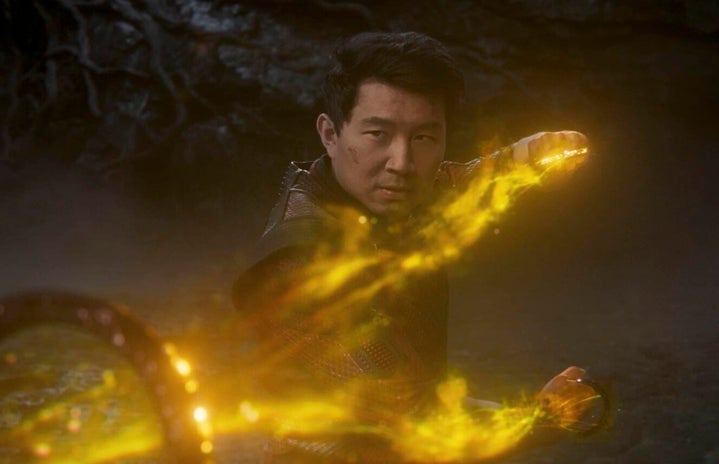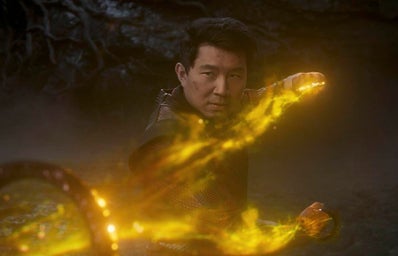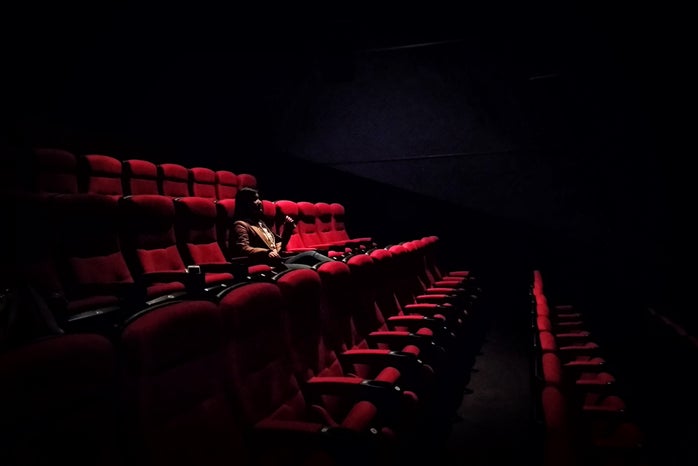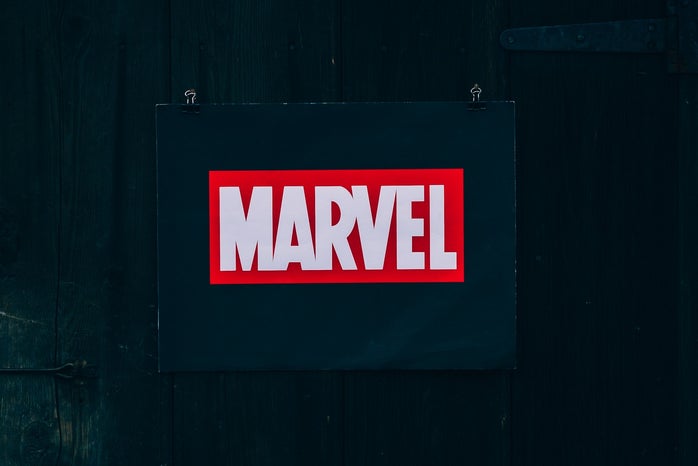SPOILERS AHEAD
Film attention has recently been focused on the latest Marvel movie, Shang-Chi and the Legend of the Ten Rings. I personally viewed the movie about three weeks ago. It contained all the action and humor of a typical Marvel movie entwined with Chinese culture. Being Chinese-American, it was refreshing and exciting to see a predominantly Asian-American cast in a Marvel movie. Shang-Chi has become the first film during the pandemic to make more than $200 million in the NA box office, but does that truly determine the movie as a success? As much as there is a positive buzz surrounding the film, there is also criticism.
There have been numerous mixed reviews on the latest Marvel movie. On one hand, people have been raving about Shang-Chi, but on the other hand, people were quite disappointed.
A Controversial Cast
As in any movie review, people will always have different opinions on the same film. Viewers especially adored the cast members. To mention a few, Simu Liu, the protagonist, is bright and charismatic, Awkafina adds both comedic and supporting character value and the legend Tony Leung made the perfect and complex villain that could be seen as a breakout character.
Still, there was backlash on the casting of Awkwafina due to the controversy and accusations surrounding her appropriation of Black culture and using AAVE early in her career. She has yet to make a public statement on this issue and it has resulted in a mixture of love for her character, but hate for her past.
Did the Plot Live Up to Its Expectations?
Another topic in Shang-Chi with contrasting opinions is the plot itself. Viewers praised the film’s content and cinematography and enjoyed the combination of action, seriousness, comedy with touching moments. However, it seems like the most criticized portion of the movie is the plot itself. Reviewers found the plot to be boring, sporadic, and weak. While some of the characters were given rich backstory and development, others fell flat.
Culturally Accurate versus Stereotypical
One of the most divided viewpoints is if Shang-Chi contained accurate representation or cheesy stereotypes. In terms of representation, it was Marvel’s first superhero movie starring an Asian lead based on an Asian character in the original comics.
The film incorporated a lot of Chinese-American culture with martial arts, traditional music, and a decent portion of the dialogue being in Mandarin with English subtitles. For example, the mother’s fighting style is a combination of tai chi with the power of wind while the father fights with a more aggressive style of martial arts. The majority of the fighting scenes resemble the wuxia genre or Chinese fiction that follows martial arts through adventures in ancient China. In another scene, the main character eats breakfast with the supporting character’s family. The food, multi-generational household, and conversation of the mother nagging her daughter to get a higher paying job is all accurate to Chinese-American culture.
Contrarily, some criticized the film for solely using superficial content of Asian culture and filmmaking, which could especially be seen in the fighting scenes. The last battle scene includes CGI dragons, a ninja-warrior army, and magical kung fu. It seemed to only encourage the stereotype of “kung fu masters with dragon power” in Chinese entertainment. People felt the producers underwhelmingly used the main weapon of magical bangles and replicated what Western media views as “Chinese fight scenes” instead of adding a unique Marvel flair. This highlighted stereotypes of American-made Chinese movies; critics were hoping the film would be more fresh and unique with proper representation that did not feel shallow.
If anything, Shang-Chi is for sure breaking the stereotypes from its original comics. The Hands of Shang-Chi, Master of Kung Fu was first published in 1974 and was extremely racist, with Asian faces colored to be orange and yellow, knockoff characters with stereotypical names and a shirtless, shoeless protagonist who spoke like fortune cookies in broken English. When the film was picked up, the creators wanted to completely change the content to purposefully challenge stereotypes like making the main character humorous and attractive in the Western movie world.
Racism and Representation
There were also a lot of accusations made against Marvel itself due to the lack of promotion of Shang-Chi. Marvel fans felt the film did not have the extensive marking as other Marvel movies. It has resulted in a lot of people calling the lack of hype as being racially motivated. If anything, the movie seems to be the most promoted by Simu Liu, the main actor himself.
All in all, Shang-Chi is an exciting milestone for Marvel as having the first Asian-American superhero as well as the first Asian-American protagonist casted. Marvel has been in production since 2007 so this achievement is honestly a long time coming. To finally have an Asian superhero on the large screen is an inspiring introduction for Asian representation in American entertainment. Usually Asian characters are portrayed as being physically weak, highly intelligent, under or hyper sexualized (usually former male and latter female), and not contributing to the plot. Having an attractive, humorous, strong Asian superhero is a great start to breaking these tropes. Hopefully, Asian representation will not stop here, but be continuously pursued until it becomes a normality.
Like anything in the digital age, there is a lot of praise, criticism, and drama surrounding the recent Marvel movie. What do you think?



